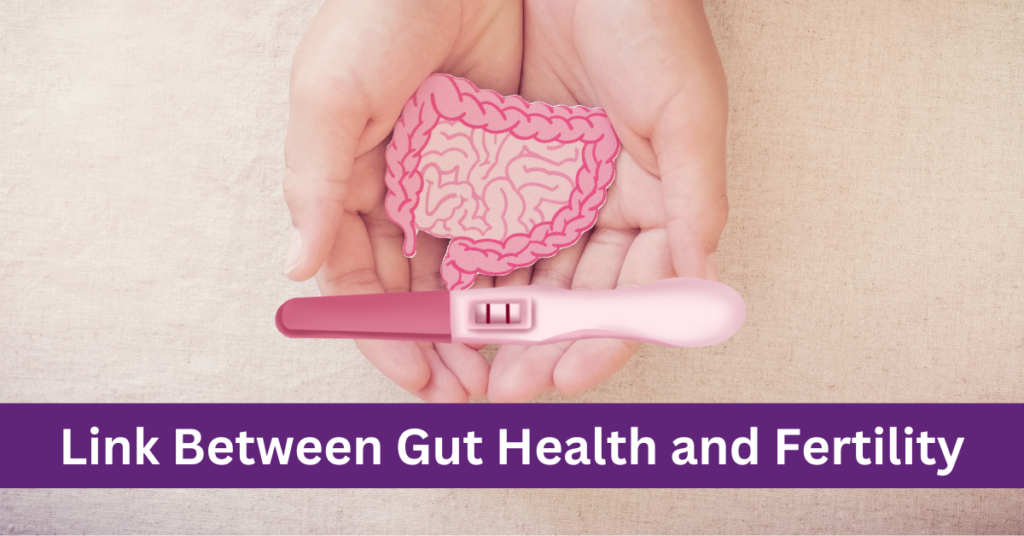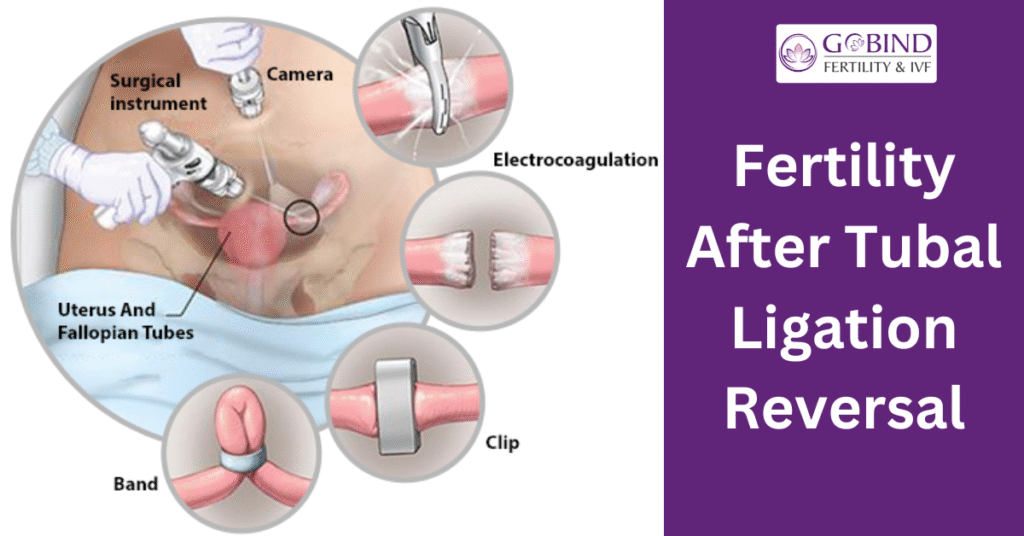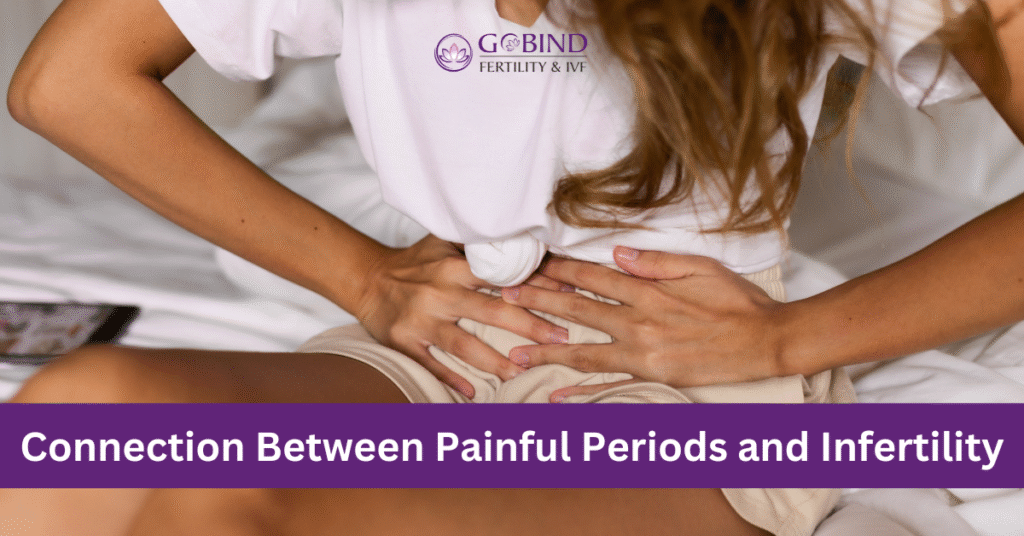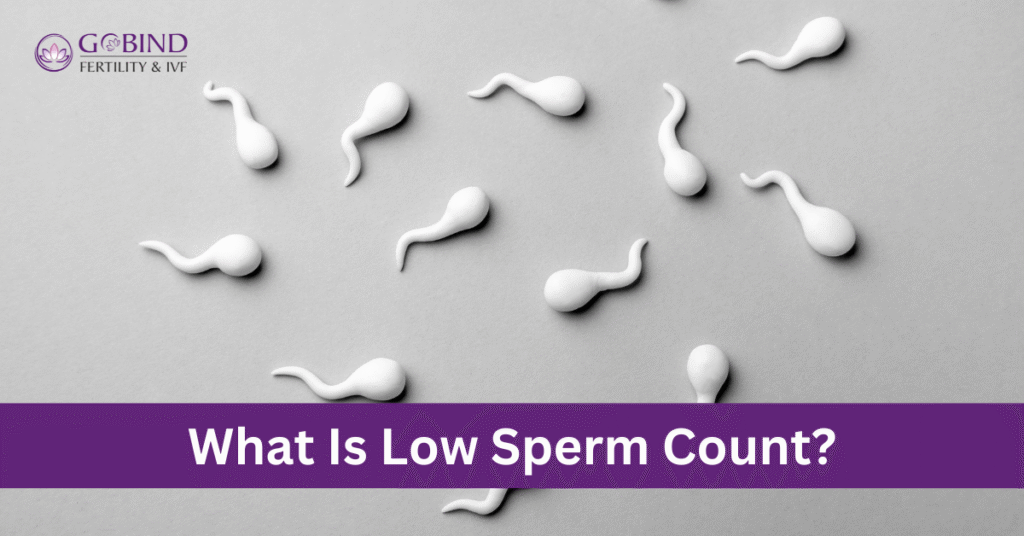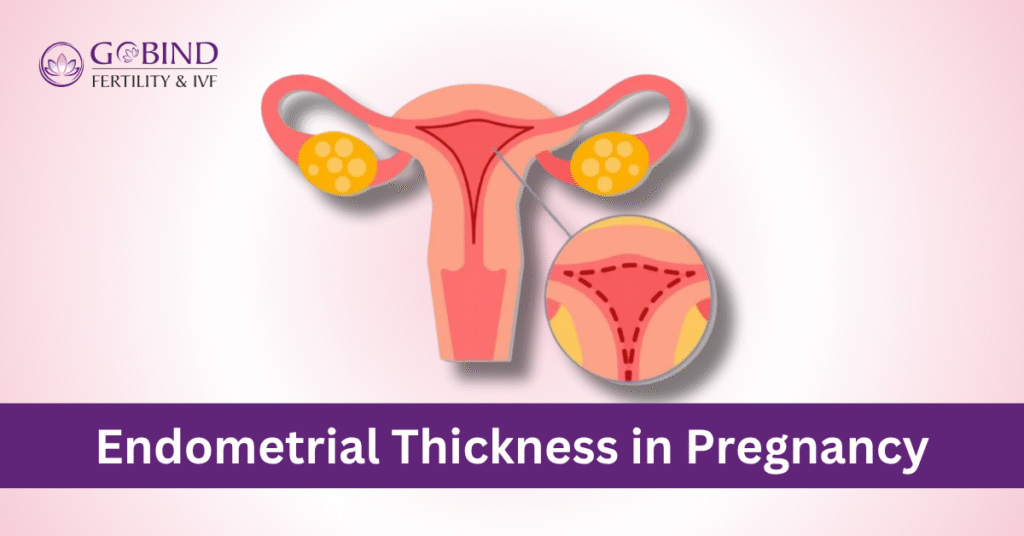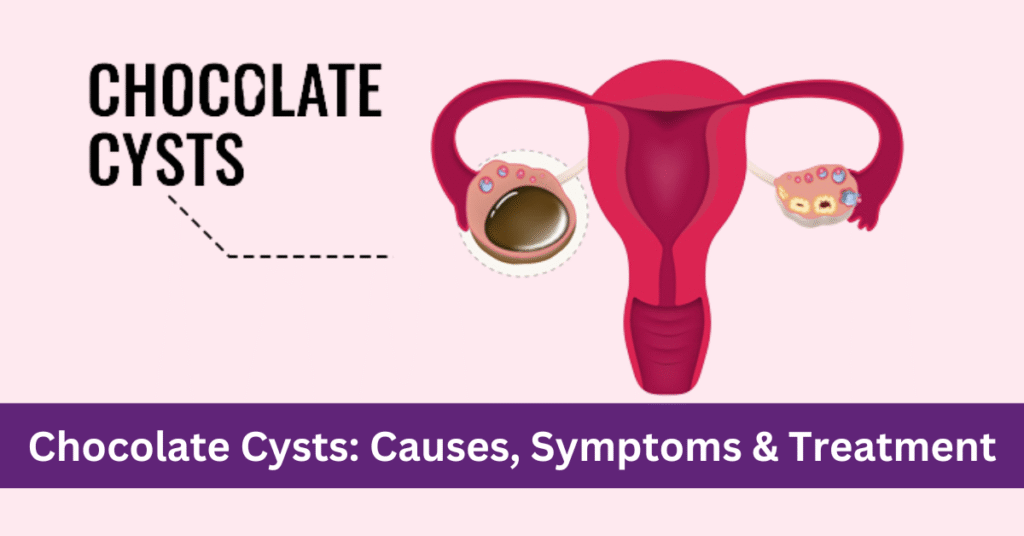Posts by admin
The Link Between Gut Health and Fertility: What You Should Know
When most people think about fertility, they focus on hormones, ovulation, or reproductive organs. However, emerging research shows that your gut health plays a surprisingly powerful role in fertility for both men and women. At Gobind Fertility & IVF Centre, infertility specialists emphasise the importance of a healthy gut microbiome as part of a holistic…
Read MoreStress-Free Living: Can It Improve Your Chances of Pregnancy?
Becoming a parent is one of life’s most cherished dreams. For couples who are trying to conceive naturally or through fertility treatments, the journey can sometimes feel overwhelming. While medical factors often play a role, many people don’t realise that stress can directly impact fertility. At Gobind Fertility & IVF Centre, we emphasise not just…
Read MoreGetting Pregnant After 35: 10 Expert-Backed Tips to Boost Fertility
For many women, their mid-30s bring new priorities, stability, and the right time to start or expand a family. However, conceiving after 35 can sometimes be more challenging due to age-related fertility decline. While it’s true that egg quantity and quality decrease with age, modern medical advancements and lifestyle strategies can significantly improve your chances…
Read MoreFertility After Tubal Ligation Reversal: What Are the Options?
Tubal ligation—often referred to as “getting your tubes tied”—is a permanent form of birth control chosen by many women who are certain they no longer want children. However, life circumstances, personal decisions, and family goals can change over time. For women who regret their earlier decision and wish to conceive again, the good news is…
Read MorePainful Periods and Infertility: Understanding the Connection
Menstrual pain, also known as dysmenorrhea, is a common experience for many women. However, when period pain becomes chronic, intense, or debilitating, it may signal an underlying condition that could impact fertility. Understanding the link between painful periods and infertility is crucial for women trying to conceive. At Gobind Fertility & IVF Centre, we specialise…
Read MoreLow Sperm Count: Causes and Solutions
Low sperm count, also known as oligospermia, is one of the most common causes of male infertility. It refers to a condition where the semen contains fewer sperm than the normal range. According to the World Health Organisation (WHO), a healthy sperm count is 15 million sperm per millilitre (ml) of semen or more. Anything…
Read MoreSecondary Infertility: Struggles in Conceiving the Second Child
For many couples, having their first child may happen naturally and without complications. However, when the time comes to try for a second baby, some discover unexpected difficulties in conceiving. This condition, known as secondary infertility, is more common than most people realise and can be just as emotionally challenging as primary infertility. At Gobind…
Read MoreEndometrial Thickness in Pregnancy: What It Means and How It Affects Fertility
Introduction The endometrium is the inner lining of the uterus, and its health is central to successful conception, embryo implantation, and pregnancy. One of the measurable parameters of endometrial health is its thickness (often abbreviated EMT). While many fertility clinics—including Gobind Fertility and IVF Centre—monitor endometrial thickness as part of IVF protocols, there is still…
Read MoreChocolate Cysts (Ovarian Endometriomas): Causes, Symptoms, and Advanced Treatment Options
When it comes to women’s reproductive health, few conditions are as misunderstood and overlooked as chocolate cysts, medically known as ovarian endometriomas. These cysts, linked to endometriosis, can significantly affect fertility, hormonal balance, and overall well-being. At Gobind Fertility & IVF Centre, our fertility specialists are dedicated to helping women understand and manage this complex…
Read MoreHow Smoking and Alcohol Affect Sperm Quality
For many couples, the path to parenthood starts with simple lifestyle choices. Among the most important—and most overlooked—are smoking and alcohol consumption. While both are common in social settings, they can quietly undermine male fertility in ways that are measurable, reversible (to an extent), and highly impactful on treatment outcomes. Here’s how smoking and alcohol…
Read More
